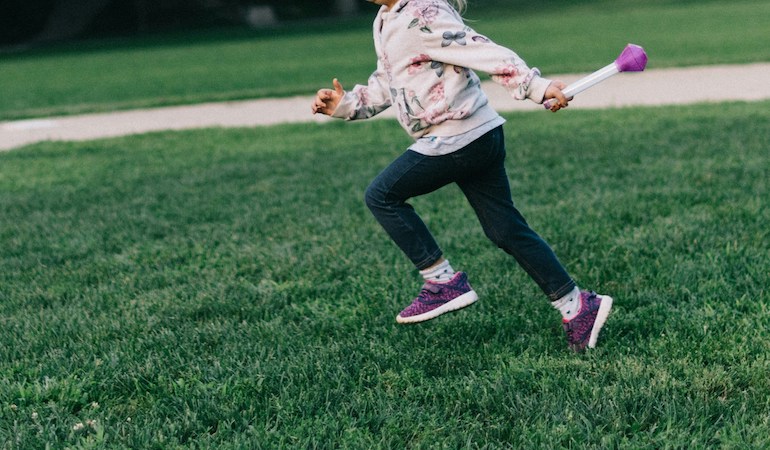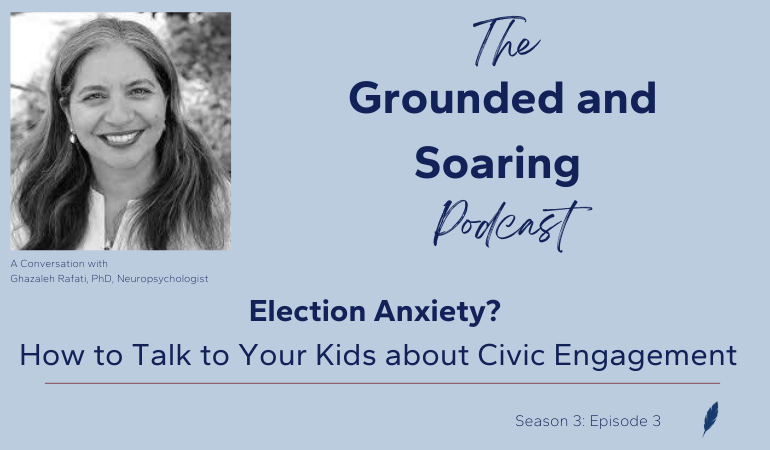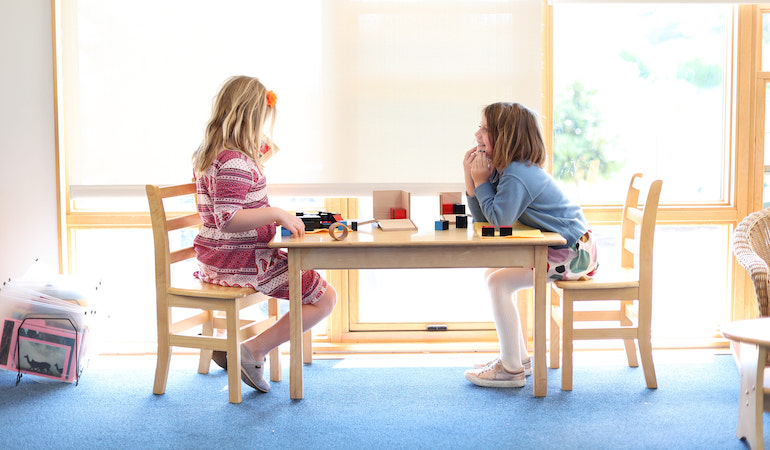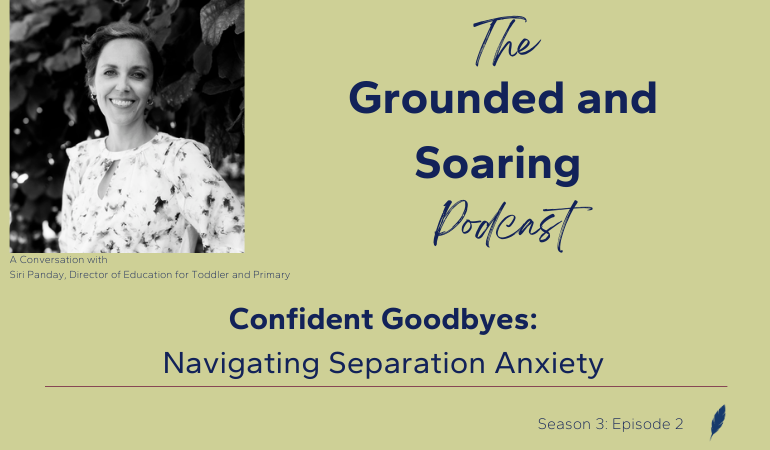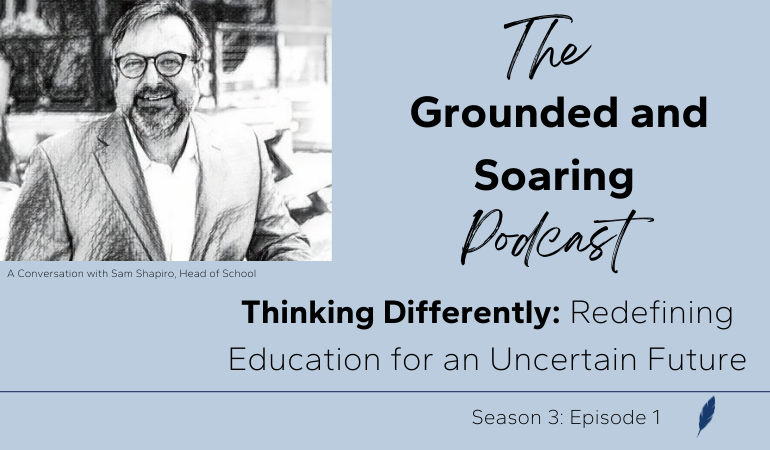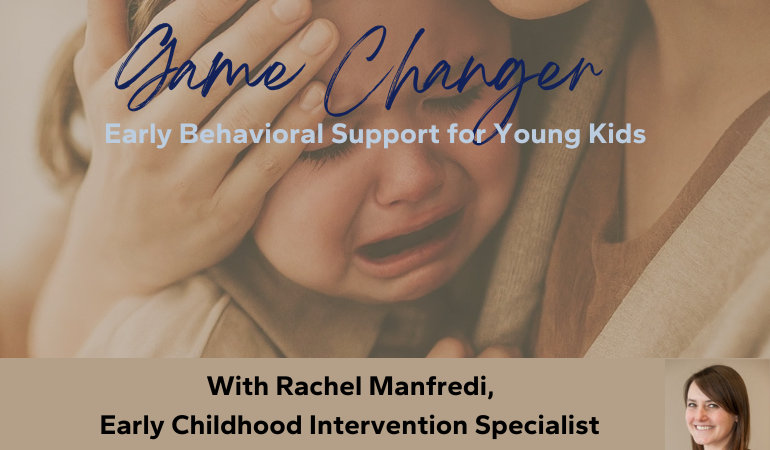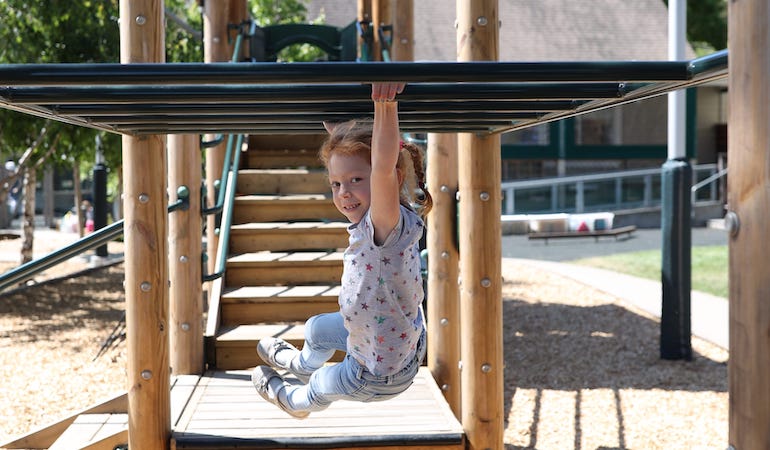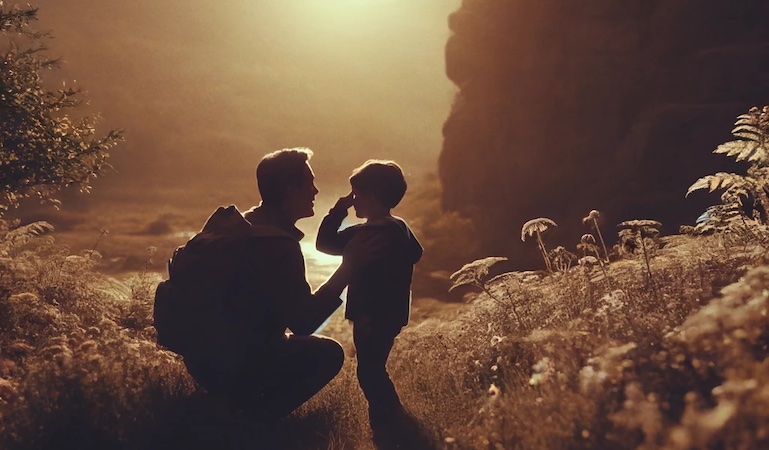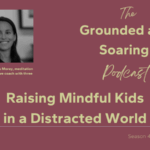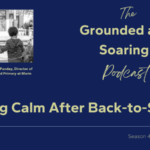How To Nurture a Positive Self-Image From the Start
Young children are innately curious about their own bodies and the people around them—and how we answer their questions matters. According to research, children start developing ideas about their bodies as early as age 3, making our early conversations especially important. As parents and educators, we have a responsibility to create a space where body talk is honest, kind, and rooted in appreciation.


